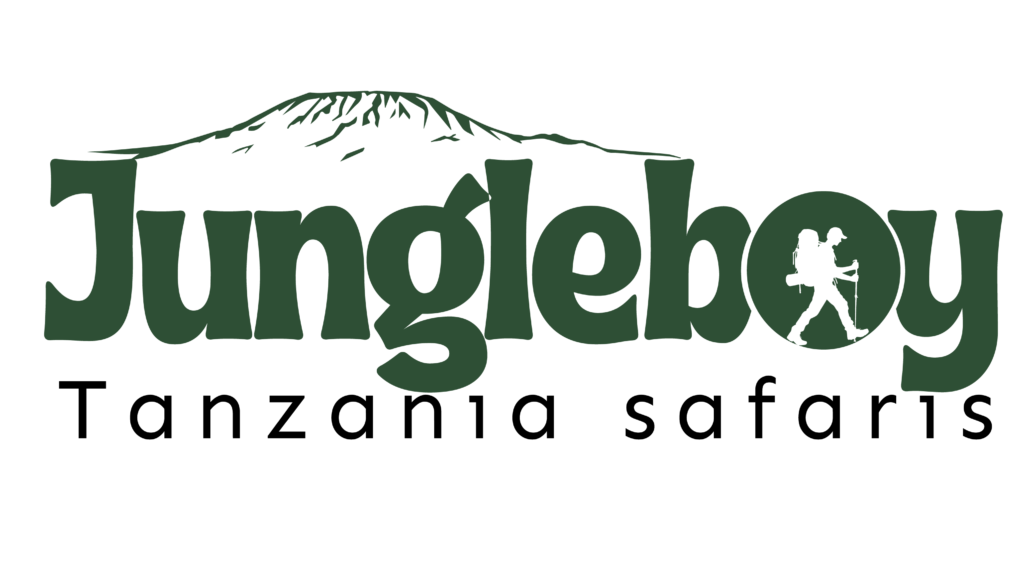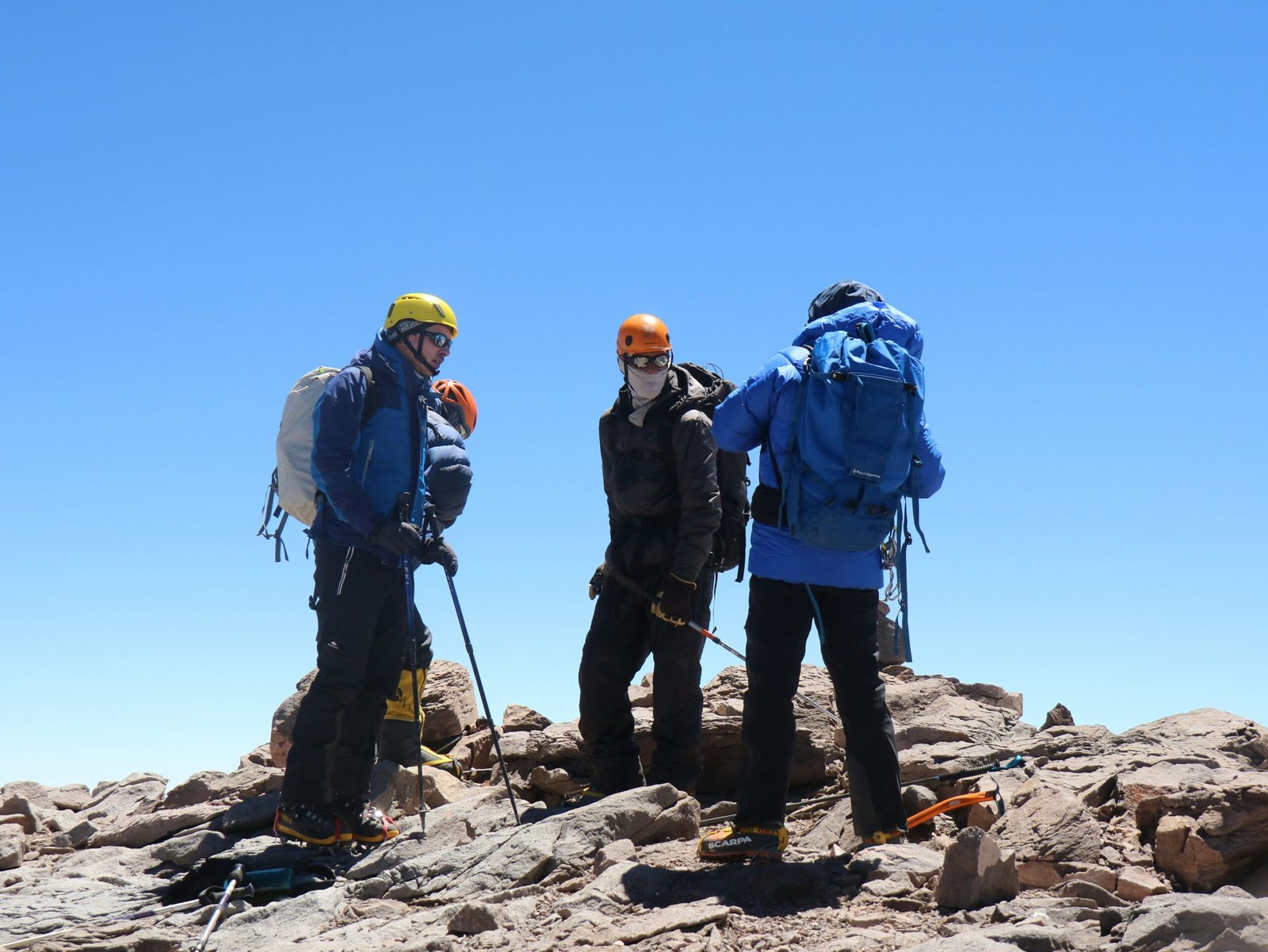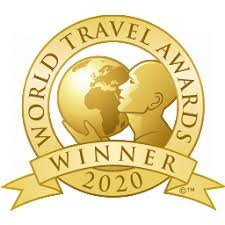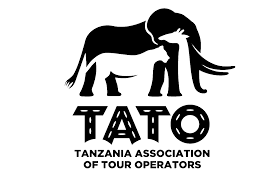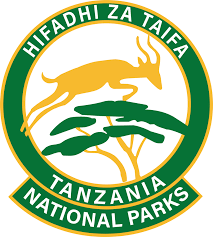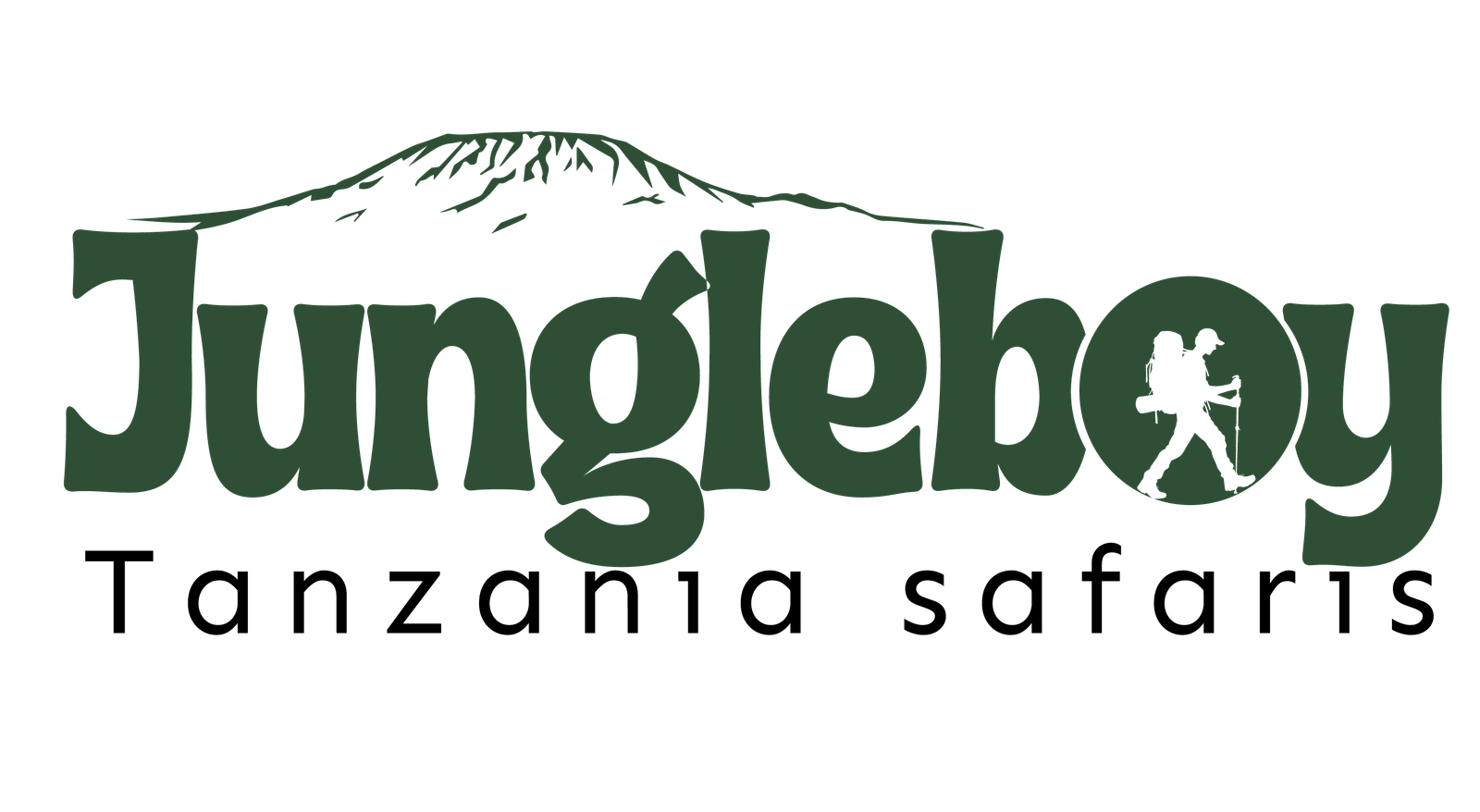Climbing Mount Kilimanjaro is a dream for many adventurers, offering the chance to stand atop Africa’s highest peak. However, understanding the costs involved is crucial for effective planning. This comprehensive guide delves into the various expenses associated with a Kilimanjaro climb in 2025, providing insights into route-specific costs, additional fees, and tips to optimize your budget. The cost of climbing Mount Kilimanjaro depends on factors such as the duration, routes, and category of climb you select. Whether you choose a budget climb, luxury climb, group join climb, mid-range climb, or private climb, this guide will help you navigate the costs and make an informed decision.
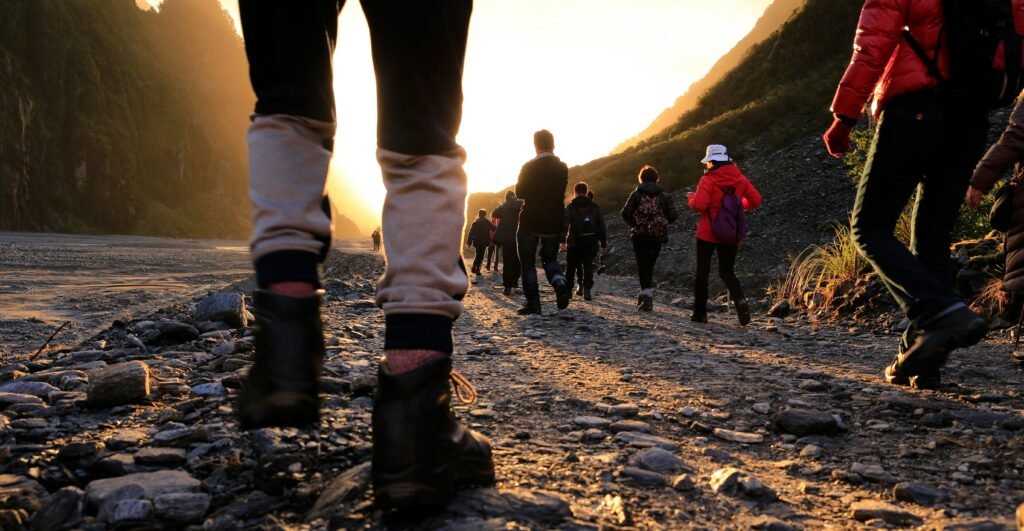
Factors Influencing Kilimanjaro Climbing Costs
Several elements impact the overall cost of your Kilimanjaro expedition. The route you choose affects pricing, with shorter treks costing less and longer routes offering better acclimatization but requiring more resources. The Marangu Route (5-6 days) is the most budget-friendly due to hut accommodations instead of tents, while the Machame Route (6-7 days) is a scenic and popular option at a slightly higher cost. The Lemosho Route (7-8 days) is more expensive due to its length and remote access, and the Rongai Route (6-7 days), approaching from the north, has similar pricing to Machame. The Northern Circuit (9 days) is the longest and most expensive, providing the best acclimatization, while the Umbwe Route (6-7 days) is a challenging, steeper path with higher costs due to fewer trekkers. Additionally, your climbing category significantly impacts cost: a budget climb ($1,500 – $2,500 per person) offers shared camping with minimal comforts, while a mid-range climb ($2,500 – $3,500 per person) includes better equipment, smaller groups, and more experienced guides. A luxury climb ($3,500 – $6,000 per person) provides premium service, private toilets, and gourmet meals. Group join climbs ($1,500 – $3,000 per person) allow solo travelers to share costs, while a private climb ($2,500 – $6,000 per person) ensures a customized experience with personalized services.
The Cost of Climbing Kilimanjaro on a Budget
For many adventurers, climbing Mount Kilimanjaro is a once-in-a-lifetime experience, but the high costs can be a barrier. Fortunately, budget-conscious travelers can still make this dream a reality by selecting cost-effective routes, joining group climbs, and minimizing extra expenses. A budget climb typically costs between $1,500 and $2,500 per person, covering basic services, shared camping accommodations, and essential trekking support. The most affordable routes include the Marangu Route, which features hut accommodations, and the Machame, lemosho or Rongai Routes, which offer camping but are cost-effective due to shorter durations. Choosing a group join climb can also significantly lower costs, as expenses for guides, porters, and meals are shared among multiple climbers. While budget climbs include essential services, trekkers should expect basic meals, standard camping gear, and fewer amenities compared to mid-range or luxury options.
The cost of Kilimanjaro climbing on Mid-range
The cost of kilimanjaro climbing on mid-range it offers a balance between affordability and comfort, typically costing between $2,500 and $3,500 per person. This price includes higher-quality camping equipment, experienced guides, nutritious meals, and better accommodations compared to budget climbs. Mid-range packages often feature smaller group sizes, allowing for a more personalized experience, improved safety, and better success rates for reaching the summit. Trekkers can expect comfortable sleeping tents, thicker sleeping mats, and more varied meals than budget options. The Machame, Lemosho, and Rongai Routes are popular choices for mid-range climbers, as they provide scenic views and good acclimatization without extreme costs. Marangu Route, which offers hut accommodations, is also a viable mid-range option. Included in the cost are Kilimanjaro National Park fees ($800 – $1,200), guide and porter services, meals, drinking water, and airport transfers.
luxury Kilimanjaro climbing costs
A luxury Kilimanjaro climb provides the ultimate trekking experience, combining comfort, personalized service, and high-end amenities to ensure a safe, enjoyable, and successful ascent of Africa’s highest peak. The cost of a luxury climb typically ranges between $3,500 and $6,000 per person, depending on the route, duration, and level of service. Unlike budget and mid-range climbs, luxury treks prioritize superior accommodations, gourmet meals, and high-quality gear, ensuring climbers have the best possible experience on the mountain. Luxury climbs feature spacious, high-quality tents with comfortable sleeping arrangements, thicker mattresses, and even cots for added comfort. Some operators provide heated dining tents, private toilets, and portable showers, making the trek significantly more comfortable. Meals on a luxury climb are prepared by professional chefs, offering nutritious and diverse cuisine that caters to different dietary needs. Climbers also benefit from personalized attention, smaller group sizes, experienced guides, and dedicated support staff, including extra porters to carry personal belongings, ensuring trekkers can focus on the climb without unnecessary strain. Safety is a top priority, with luxury climbs often including oxygen tanks, pulse oximeters, satellite phones, and emergency evacuation plans. Popular routes for luxury climbs include the Lemosho, Northern Circuit, and Machame Routes, as they offer scenic beauty, excellent acclimatization, and lower traffic compared to the shorter, more budget-friendly options.
The cost of climbing Mount Kilimanjaro in 2025 varies based on the route, duration, and service level you choose. Budget climbs range from $1,500 – $2,500, mid-range climbs cost $2,500 – $3,500, and luxury climbs can go up to $6,000 or more. Additional expenses such as park fees, gear rental, porter tips, travel insurance, and flights should also be factored in. To get the best value, climbers should choose a reputable operator that prioritizes safety, ethical porter treatment, and quality service. With proper planning, Kilimanjaro remains an accessible and unforgettable adventure for all types of travelers.
